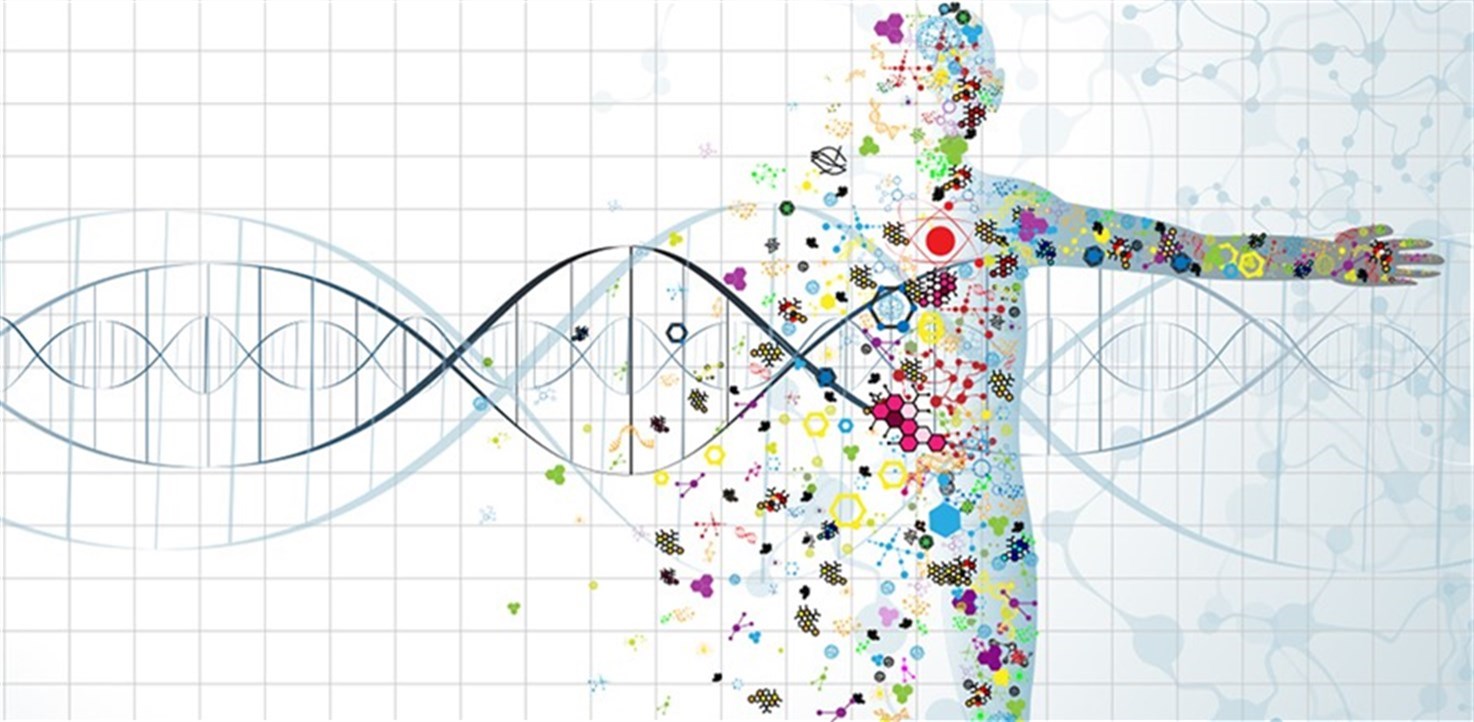The concept of precision medicine has been a part of healthcare for many years, but it has grown to be one of the main focal points for the future of healthcare. The National Institute of Health (NIH) has described precision medicine as “an emerging approach for disease treatment and prevention that takes into account individual variability in genes, environment, and lifestyle for each person.” In contrast to a “one-size-fits-all” approach to disease treatment and prevention strategies, this precise approach involves doctors and researchers tailoring a unique treatment or strategy for every individual.
Precision Medicine will require the usage of big data derived from electronic records, imaging, and personal health trackers. Researchers can analyze this data for patterns and connections to advance disease understanding and interception, aid drug discovery, and ensure delivery of appropriate therapies.
Watch the above video for a better understanding of how collecting, connecting, and applying data can help guide more precise and predictive medicine worldwide.
Photo: Precision Medicine. Digital Image. Wharton School of the University of Pennsylvania. 22 September 2016. Web. 5 June 2017. <knowledge.wharton.upenn.edu>




